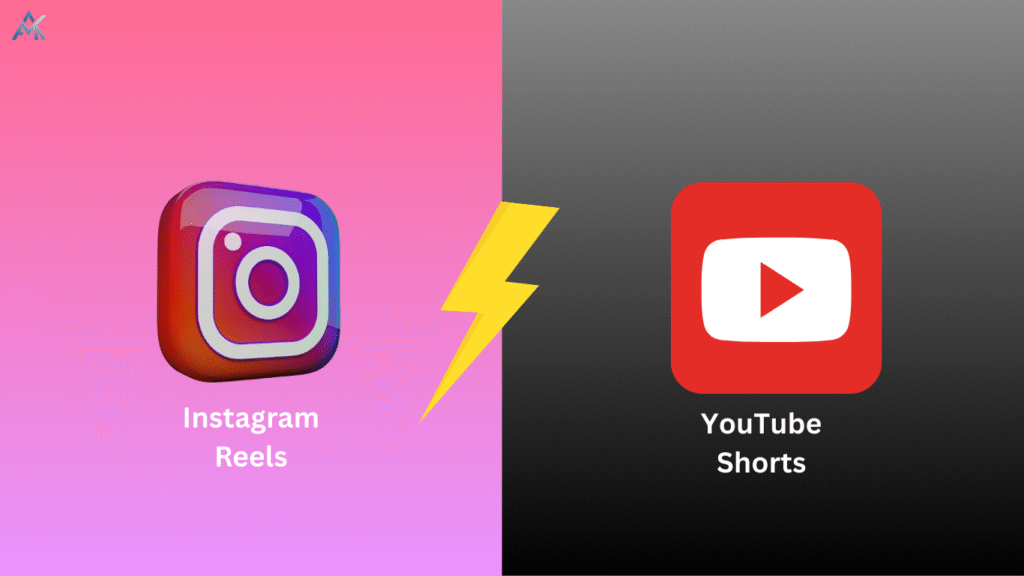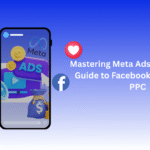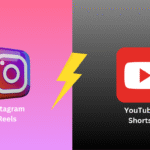Instagram Reels vs YouTube Shorts: Which Drives Better ROI for Small Brands?

anandhumkofficial@gmail.com
August 2025/08/26
Short-form video is dominating digital marketing. Two platforms lead the way: Instagram Reels and YouTube Shorts. Both offer massive reach, but which one delivers better Return on Investment (ROI) for small businesses?
Platform Overview
Instagram Reels
- Integrated within Instagram.
- Strong discovery through Explore Page + hashtags.
- Works well for brand awareness, community building, and trends.
YouTube Shorts
- Part of YouTube ecosystem.
- Benefits from YouTube’s powerful recommendation algorithm.
- Strong for long-term visibility, monetization, and searchability.
Audience Reach & Demographics
Instagram Reels
- Audience: Primarily 18–34 age group.
- Popular in lifestyle, fashion, food, fitness niches.
- Stronger among urban and trend-driven users.
YouTube Shorts
- Audience: Broader age group, including Gen Z, Millennials, and Gen X.
- Popular in education, tech, gaming, DIY, and product reviews.
- Global reach with higher search-based discovery.
Content Longevity
Instagram Reels
- Content lifespan: Shorter (trending-based).
- Virality is quick but fades fast.
- Best for timely promotions & trending campaigns.
YouTube Shorts
- Content lifespan: Longer (videos can resurface months later).
- SEO + YouTube’s recommendation system extend visibility.
- Great for evergreen content (tutorials, FAQs, reviews).
Advertising & Monetization
Instagram Reels
- Ads: Reels Ads, Branded Content, Influencer
- Partnerships.
Monetization for small brands is limited; focus is on exposure. - Better for organic reach + influencer marketing.
YouTube Shorts
- Ads: Shorts Ads integrated into
- YouTube Ads ecosystem.
Revenue share program available. - Better for scalable ad spend + long-term revenue.
Engagement Levels
Instagram Reels
- Higher engagement rates (likes, comments, shares).
- Builds brand community and encourages trend participation.
YouTube Shorts
- Lower engagement per video vs Reels, but higher watch-time overall.
- Stronger for brand education & deeper audience connection.
ROI for Small Brands
Instagram Reels ROI
- Best for quick visibility, trend-jacking, and social proof.
- Low cost: Just need creative, consistent short-form content.
- Works well if brand’s audience is already active on Instagram.
YouTube Shorts ROI
- Best for long-term brand building & evergreen content.
- Stronger integration with Google search → higher discoverability.
- Better for brands that want scalable ads + organic growth.
Which Should Small Brands Choose?
Choose Instagram Reels if:
- Your brand relies on trends, aesthetics, or impulse buys (fashion, beauty, food, lifestyle).
- You want quick engagement & brand awareness.
- Your target audience is mostly on Instagram.
Choose YouTube Shorts if:
- You want evergreen visibility & SEO-driven growth.
- Your brand offers educational, tutorial-based, or review content.
- You plan to scale into long-form YouTube videos.
Conclusion
Social media trends may evolve, but short-form video is now central to digital engagement for small brands. Instagram Reels excel at driving quick engagement and community interaction, while YouTube Shorts provide long-term visibility and discoverability. The key lies in creating optimized, creative, and audience-focused content that delivers measurable ROI. This comparison of Instagram Reels vs YouTube Shorts helps small businesses understand how to balance both platforms effectively for sustainable growth. I’m Anandhu MK, a freelance digital marketer, committed to helping SMM services brands harness the power of short-form video to achieve better results and lasting digital success.




